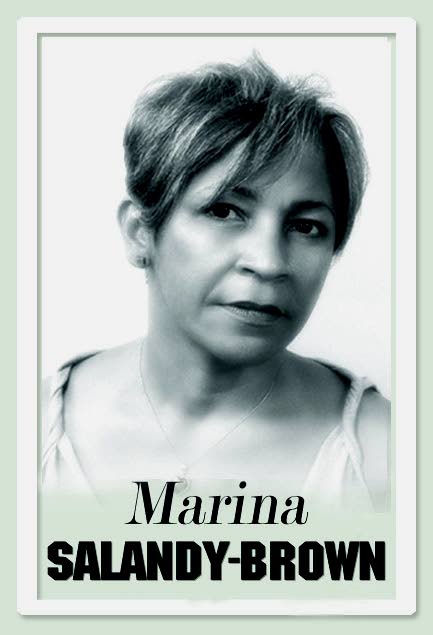Two captains die at Xmas

Given that 70 is the new 50, dying at 77 seems rather careless; and for someone as special in the world of books as Sonny Mehta, particularly so. Most people outside of the publishing business would never have heard of him, but he was a megastar in a complex and massive industry. Consider this: a successful US$15 million bid for Bill Clinton’s memoir My Life, and US$9 million each for books by former UK Prime Minister Tony Blair and Pope John Paul II. That is a lot of buying power.
Sonny Mehta was the living proof that the idea that books don’t make money, or that people don’t read, are the wildest of fictions. He put literary greats such as Toni Morrison and Cormac McCarthy between covers, and also changed the contemporary literary status quo with the blockbusters Fifty Shades of Grey and The Girl with the Dragon Tattoo.
Sonny Mehta ran one of the world’s oldest publishing houses, Alfred A Knopf, for over 30 years and during a career of 50 years edited and published dozens of bestselling writers, including six Nobel laureates – from VS Naipaul to Kazuo Ishiguro and Alice Munroe. The prizewinners are endless, but his eye was good from the start, having encouraged Germaine Greer to pen her 1960s revolutionary feminist treatise The Female Eunuch. He ran many of the famous paperback imprints – Picador, Vintage, Pan.
I only once encountered that touchstone of successful publishing. His lanky frame strode into an office at a London publishing house where I was in a meeting. I could not but notice his extreme good looks and quiet demeanour. It was rare back in the early 1990s, and still is, for an Indian person to hold an illustrious position in the rarefied world of UK/US book publishing.
But Mehta was special and had unique talents. He may have been the son of a diplomat and educated at Cambridge, but he was no snob and he liked taking risks. He also understood that having a well-written book is not enough; he worked to improve book design and then focused on getting the marketing and publicity right so that the public would want the books he was putting out.
I read in a Washington Post obituary that when he published Death in a Time of Cholera, the popular Garcia Marquez masterpiece, he masterminded its promotion as a love story rather than great literature. He believed profoundly that all people should enjoy books, all sorts of stories, by all manner of writer.
To champion well written stories is one thing but it’s quite another to remain on top and grow in the profoundly commercial and competitive business of publishing. Acquisitions and downsizing are prevalent as the sector tries to survive the revolution wrought by new technology that has changed how people read, where they buy books and who gets published. Mehta read the seismic shifts well and became legend.
On December 23 another larger-than-life person whom I happily knew failed to turn up for a seasonal dinner with mutual friends. He was never late, never unreliable, and so we worried that something had happened to him when he could not be reached by phone. A series of checks confirmed that he had also failed to turn up at other weekend social engagements. More checks on Christmas Eve morning led to the discovery that he had passed away on his beloved Passagemaker.
Peter Quentrall-Thomas was 73 and he had planned another long Caribbean voyage this year on his famous 1960s motorised sailing prototype. He was looking for crew, he said, just as he had done in 2010 on his maiden big voyage on Passagemaker, up the islands and across the Caribbean. I was not sure I could volunteer yet again.
Despite Peter’s good-natured haranguing, I just cannot imagine getting the time away to simply have fun. He’d ring occasionally and chide me for working too hard and was never short of advice on how to restructure the organisation I run, overcome a supreme challenge, secure more funding or free myself up of the toil.
At his funeral on Thursday many had followed his instructions to wear Hawaiian (ie, with bright flowers) shirts for the occasion. He would have been pleased by all the good-humoured sharing of stories about his escapades and impressive entrepreneurial achievements, his devotion to public service and to leaving TT a better place.
Peter lived a full, happy and productive life and I trusted his clear insights, just as the many great writers whom Sonny Mehta edited trusted his judgement.
How does one accommodate the vast dents left by “big” characters like Mehta and Captain Peter? They were both fading physically, but not intellectually, and had things still to do.
The deaths in 2019 of friends and the general ageing of relatives and others are sobering elements that put all our foibles and the potential stresses of this New Year into very clear perspective.



Comments
"Two captains die at Xmas"